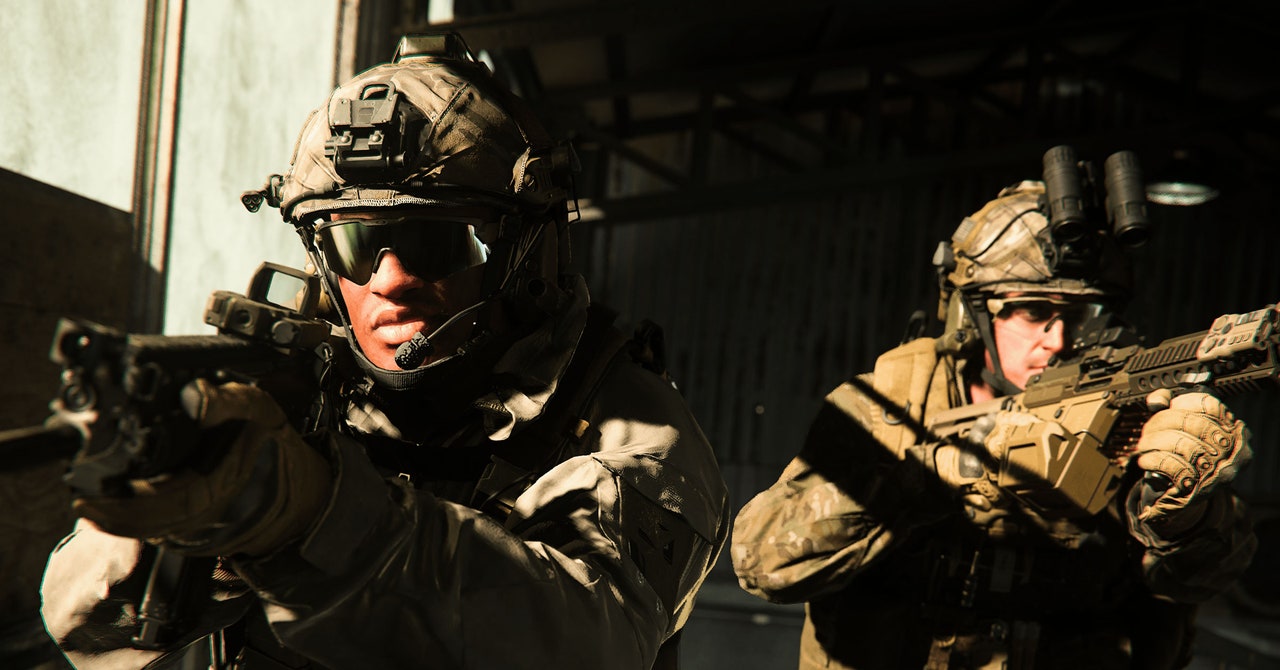‘Call of Duty: Modern Warfare 2’ Players Hit With Worm Malware
According to TechCrunch it is unclear why the malware is spreading or what exactly the impact is on gamers. Valve, the owner of Steam, did not comment on the issue, according to the news website.
Public companies in the United States will soon have to report data breaches and hacking incidents four days after they deem an incident to have a “material” impact on their business. On Wednesday, the US Securities and Exchange Commission voted to introduce the regulations that require firms to disclose cyberattacks once they have determined it will disrupt its operations or finances. The disclosures must detail the “nature, scope, and timing” of the attack, as well as the potential impact it will have on the firm.
Former SEC rules required companies to disclose cyber incidents but did not impose any strict timeline on doing so. This can lead to firms waiting weeks or months to notify customers and lawmakers about data breaches and cyberattacks. A separate part of the new SEC rules also requires companies to detail their processes for “assessing, identifying, and managing material risks,” heaping extra public accountability on firms to make sure they’re taking security issues seriously. The rules will go into effect by no later than December.
Since Vladimir Putin started his full-scale invasion of Ukraine in February 2022, Russia’s internet censorship has become even more expansive. A new report this week from researchers at Citizen Lab, a research facility at the University of Toronto, shows how the country’s censors have clamped down on the social network VK, which is similar to Facebook. Russia’s government has been ordering VK to remove posts, videos, and accounts almost every day since the start of the war, the researchers found after reviewing court orders issued by the government.
There’s been a thirtyfold increase in censorship since the start of the war, Citizen Lab researchers found. In total, 94,942 videos, 1,569 community accounts, and 787 personal accounts are blocked in Russia, which has clamped down on independent media and blocked social media such as Facebook and YouTube as it looks to control the information people read and access within its borders.
At the end of May,…




